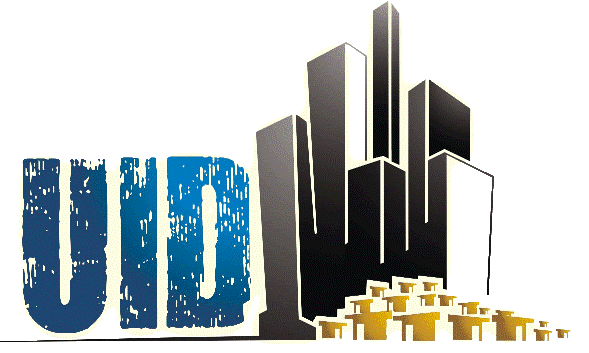
UID’s projects are all birthed from the voice and assets of the community. UID comes alongside community members and leaders to identify the needs and resources in their community. We recognize that poverty is the result of many complex factors, so the solution to poverty likewise must be diverse, complex, and specific to the local community.
Our first projects grew out of the successes and lessons learned at our center in the Mauritanian capital of Nouakchott. The initial focus was in the area of basic computer training with a strong emphasis on business ethics. Over the years, our efforts have expanded to include community health training, after school programs, kids clubs, work with disabled children, artisan crafts and small business creation, literacy and language courses.
UID engages in a hands-on, people-involved, asset-based type of development work. It’s not just a program, but a place where we get to know and walk with those we are seeking to empower. Staff speak the local language and involve community members. We come alongside our neighbors to solve these issues – not doing it ourselves – recognizing that local residents are the experts in the transformation of their community. Together with the community, UID addresses the multiple root causes of poverty through a multipronged approached, designed for and by the local community. Community members cannot expect to escape poverty with simple financial aid. Rather issues of ethics, health, family, career counseling, corruption, community cohesion and long term planning must be addressed as an ensemble to see growth.
Community Health

We believe that good health goes far beyond one’s medical condition. In addition to creating access to physical health services, addressing community health involves health education, trauma counseling, WASH (water, sanitation, and hygiene), conflict management, and more.
Some of our current projects include:
Water Purification Program (“sale” of filter systems at a subsidized price, along with a lesson on potable water and anti-diarrhea practices.)
Health and nutrition seminars and lectures
Urban gardening
Basic Computer Training

The “digital divide” creates barriers to business expansion and advanced education among the urban poor. Computer courses are targeted at skills needed for available livelihoods and lifelong learning. As a growing number of young people enter the workforce, few are equipped with even basic computer training. This not only affects employability, but leaves these individuals at a disadvantage for in participating in the global community, news and especially furthering their education.
Taking into consideration the skills required for available work opportunities, computer training includes:
Basic computing, such as Internet browsing and email
Beginner Microsoft Word, Excel, and PowerPoint
Understanding of hardware and software
Strong emphasis on business ethics: The strong emphasis on ethics is an added tool for preparing students to find a job and keep the job once they are in it. In the transition from rural to urban context, new values and habits need to be forged.
Literacy & Adult Education

In a multilingual environment with poor education, there is a huge felt need among our neighbors to not only read and write – but to learn the common “commercial languages” being used at the time… English and French being the primary ones used. Speaking a second language opens new doors for employment and education. For refugees living in transit, knowledge of English provides work opportunities and prepares them for resettlement in the West.
Our community centers offer literacy and language courses that address the needs and context of the local community:
Multi-level English programs, including writing and communication classes
French and Spanish classes
TOEFL and IELTS test preparation classes
Literacy Programs
Vocational & Small Business Training

Among its primary goals, UID is involved in encouraging a small business and entrepreneurial movement among the urban poor. Starting small, we focus on basic skills needed to run a small micro-enterprise business or give training in how to become a more successful employee. At the same time, we conduct community assessments to determine other subjects in which the community feels a desire to learn, likely: health education, English and computer training. All of these courses are taught with a strong emphasis on business ethics, so that those passing through the program will have more successful businesses as well as have a desire for civic values and giving back to the communities from which they came.
Our approach to vocational development includes:
Small business training
Vocational training in the areas of sewing, handiwork, welding, carpentry, and construction
Professional development seminars and classes
CV and cover letter writing training and assistance
Business ethics: Many businesses fail because of corruption. By emphasizing business ethics, business owners can learn concrete skills and habits that combat this “anti-business” behavior.
Afterschool Programming

Very few kids from our neighborhoods get help with homework or receive a growth plan to help them overcome learning disabilities and move forward with their lives. Our afterschool program aims to get kids past some basic blocks, while instilling values of hope and healthy ambition.
Children and youth, with the assistance of simple psychological and learning exercises can overcome the obstacles the roadblocks to learning. All while providing the basic encouragement that invites young people to love reading and learning in and of itself.
